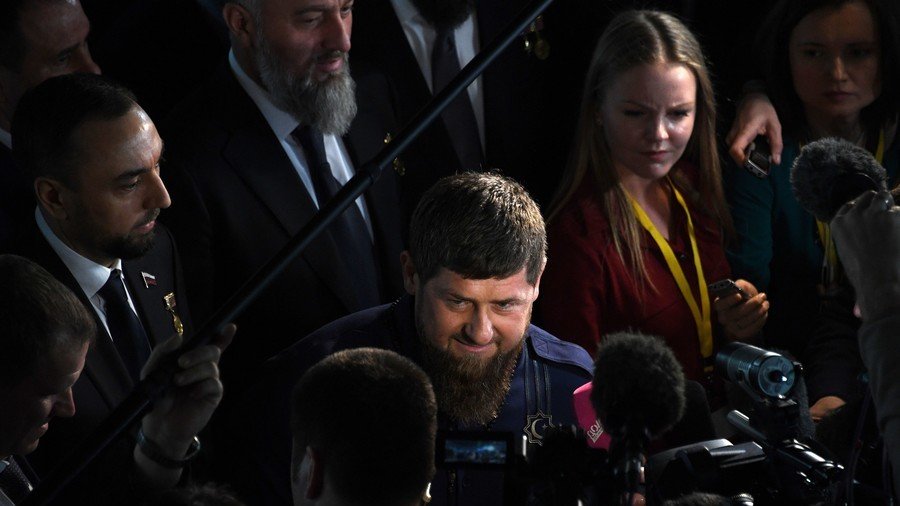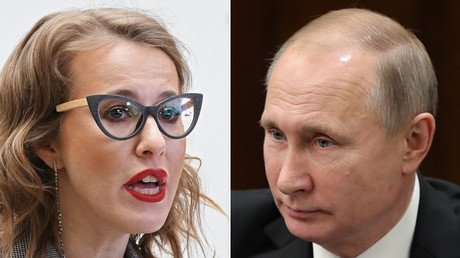Chechen leader Ramzan Kadyrov is calling for changes to the Russian Constitution that would allow Vladimir Putin to be re-elected president after his current term expires in 2024.
“As long as our incumbent president is in good health we must not think about any other head of state. This is my personal opinion and I am not changing it. Right now there is no alternative to Putin,” Kadyrov said in a recent interview with Interfax news agency.
The head of the Chechen Republic went on to say that the constitutional norm that disallows the same person from being elected president of the Russian Federation for more than two terms in a row should be cancelled.
He noted that many other nations do well without this type of restriction. “Why can China do this and Germany can do this, but not us? If this is in the people’s interest, why can’t we make changes to the law?” he said.
“We should not even ask Putin about this! The people, the Federation Council, the State Duma [Russian parliament], other state institutions, must initiate and pass this decision, collect signatures and hold a nationwide referendum,” Kadyrov told reporters.
“I am confident that everyone would support this,” he said.
Currently, the Russian Constitution allows the same person to run for the presidency for an unlimited number of terms on one condition – there can be no more than two consecutive terms. In 1998, the issue was brought before the Russian Constitutional Court, which ruled that the third and fourth terms would be legal if there is a break between the second and third terms.
This is why Putin could not run for president in 2008 after winning in 2000 and 2004. In 2012, the condition regarding consecutive terms was not applicable, so Putin ran again and won.
Russian opposition activists have repeatedly questioned the legality of one person holding on to power for more than two terms even if these terms are not consecutive, prompting several court cases which have all ended in the rejection of the lawsuits on the basis of the 1998 ruling.




